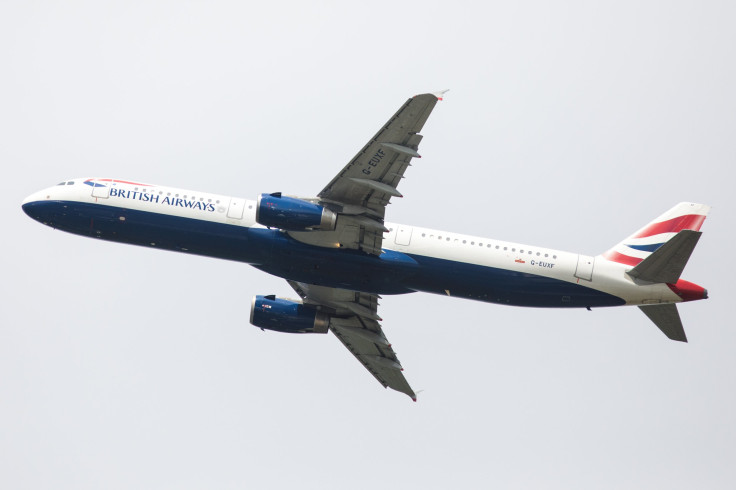Short Flight Turns Into 33-Hour Nightmare Involving Plane Catching Fire

What was expected to be a four-hour flight turned into a nightmare for passengers flying from London to Athens on British Airways after the trip ultimately took up a staggering 33 hours instead, according to reports. The ordeal ultimately involved four separate planes, one of which had to be evacuated after an engine caught fire.
The incident began Tuesday, Sept. 5 as the initial flight was scheduled to leave Heathrow Airport around 1:15 p.m. local time, the Evening Standard reported. Passengers were alerted the flight had been canceled due to a faulty cockpit warning light, and a second flight was later scheduled to depart at 5 p.m. — however that flight was later canceled, as well.
The airline told the Evening Standard that the second scheduled flight had to be canceled because its flight crew would have exceeded their permitted hours of work. The pilot reportedly called the announcement “the most embarrassing PA announcement I have had to make.” Additionally, passengers were unable to deboard for another hour, with the airline citing “security issues.”
The passengers were compensated with hotel vouchers for accommodations in London. It was unclear Friday how many of the same passengers returned for a third flight with the airline the following day.
Passengers who did return to the airport Wednesday were scheduled to depart around 1:40 p.m., but the trip was again foiled. Shortly after takeoff, witnesses reported hearing several loud bangs before the starboard engine caught on fire. Geoff Lye, a 67-year-old passenger on the plane who was traveling with his partner, recounted the madness to the Evening Standard.
“I’m an atheist but even I was praying,” said Lye, a business advisor. “Our hearts were racing. Passengers behind me said they could see flames kicking out from the engine.”
The flight’s captain reportedly told passengers that everything was “under control” but that the engine had to be shut down and the plane would be returning, yet again, to Heathrow Airport.
“We landed perfectly safely, accompanied by a fire engine,” Lye said. “At this point we were just delighted to be alive.”
Passengers were able to board a fourth plane around 7:40 p.m. Wednesday, and the plane touched down in Athens early Thursday morning.
“We fully appreciate how frustrating this experience has been, and have apologised to our customers for the long delay to their flight,” the airline said in a statement to the Daily Mail. “We provided refreshments and hotel accommodation during this time, and the flight arrived in Athens on Wednesday night.”
While the incident was certainly an extraordinary culmination of unfortunate events for passengers who were significantly delayed by days, engine fires are rare but not unheard of. Earlier this month, a Delta Air Lines flight from Las Vegas to New York was forced to make an emergency landing after one of its engine’s caught fire.
Tom Farrier, a retired U.S. Air Force command pilot, wrote about what occurs when a plane’s engine catches fire in a lengthy post on Quora published last year.
“Engine fires rarely cause really serious trouble if they remain confined to the engine itself,” he wrote. “You shut off the fuel and use your fire extinguisher; the fire goes out; then, you land as soon as practical to make sure nothing else was damaged by the event. As long as nothing really dire caused the fire, it’ll get everybody’s heart rate up nicely but it usually can be quickly and safely resolved.”
© Copyright IBTimes 2025. All rights reserved.





















